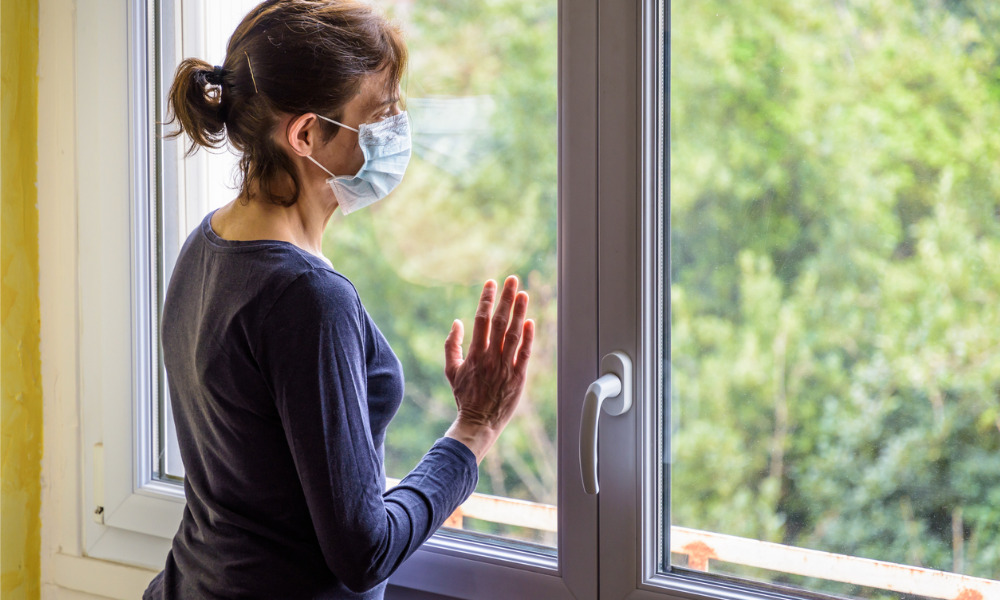
To avoid loneliness and a lack of engagement, casual workers clearly need a higher level of communication

With many of us having been asked to work from home full-time due to COVID-19, worker loneliness has become a big challenge for almost all types of workers, according to Bruce Mackenzie, Managing Director and Founder, Humanforce.
However, this is not a new issue for the 25% of casual workers that make up Australia’s casual workforce, added Mackenzie.
“Casual workers have always been more likely to work alone or with a small number of colleagues who frequently change, and on an unfixed and non-traditional schedule, which means they are at higher risk of loneliness.”
Indeed, research from Humanforce has found that nearly one-third of Australia’s casual workers have reported feeling lonely in the workplace, leading to lower employee engagement, and lasting customer experience consequences.
Read more: https://www.hcamag.com/au/news/general/communication-101-with-mark-bowden/144226
The survey also found more than 60% of casual workers said loneliness at work stemmed from the fact that they worked solo or with few colleagues.
While 43% also said non-traditional work hours leads to less social interactions with others outside of work hours and 36% said there were limited interactions with management and the company.
Moreover, respondents said the flow on effect of loneliness was that 57% had reduced motivation at work, 53% experienced lower job satisfaction and 41% faced mental health issues.
“Our research shows that lonely casual workers face a range of challenges that undermine their ability to be fully engaged in their roles at work,” added Mackenzie.
“Worker engagement is crucial to delivering the best customer experiences. And with those in the retail and hospitality industries currently facing an incredibly challenging business environment, customer experience is of the utmost importance in achieving ongoing sales and consumer loyalty.”
More than half of casual workers surveyed said loneliness could be reduced through regular communication with casual workers from managers and the company.
While an additional 40% said a casual worker reward program that recognises and values the work of casual employees and 39% said giving casual workers more control of the days/hours/shifts they work, would help.
Read more: https://www.hcamag.com/ca/news/general/fixing-employee-communications-with-a-kiss/127565
“To avoid loneliness and a lack of engagement, casual workers clearly need a higher level of communication, to receive more recognition and to be able to take control of their work days and shifts,” said Mackenzie.
“Unlike fulltime employees, the issue of worker loneliness won’t disappear for casual workers when COVID-19 restrictions are eased.
“Therefore, casual worker employers must develop long-term approaches to helping keep employees connected, valued and motivated at work, in order to achieve the best results for the businesses now and into the future.”